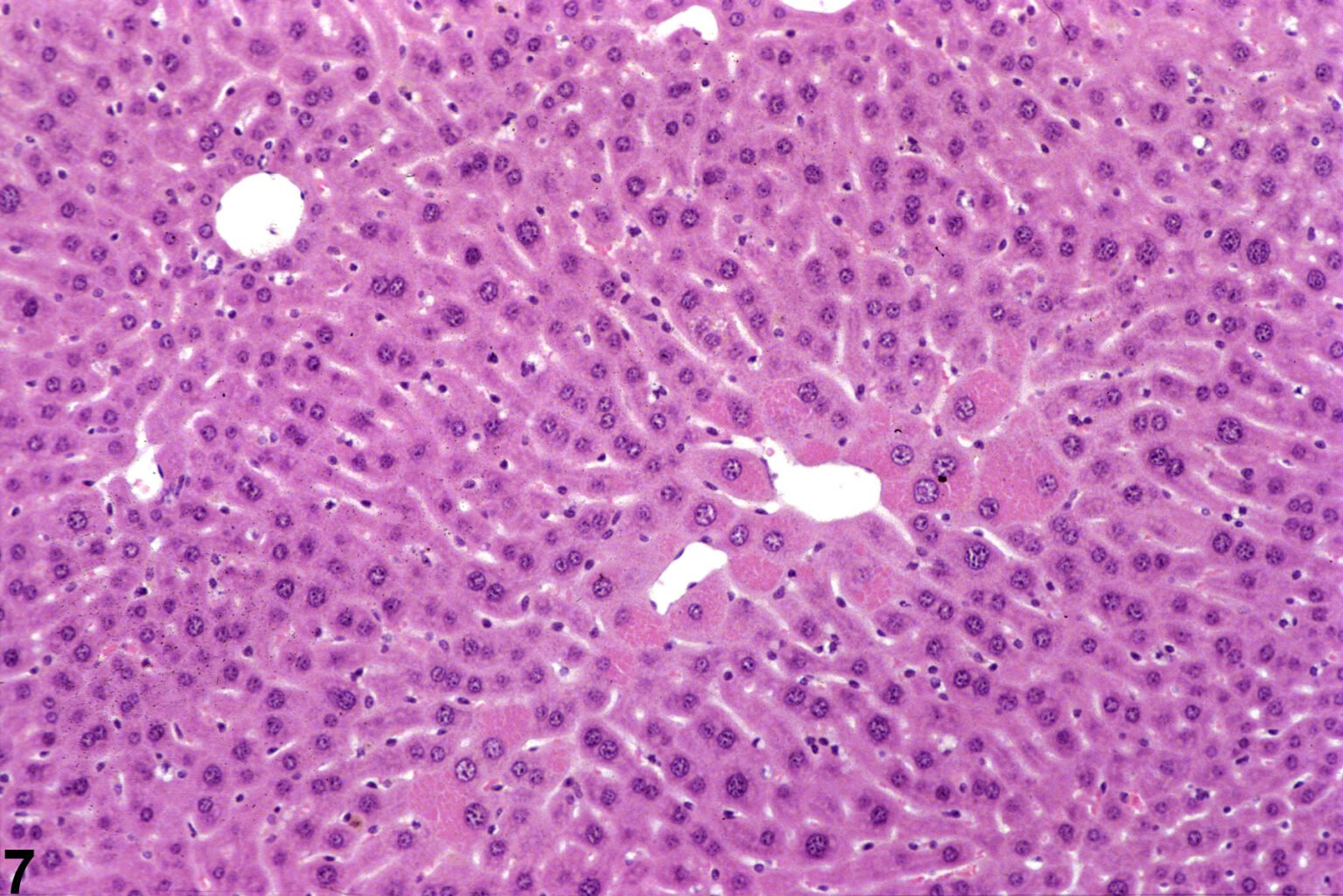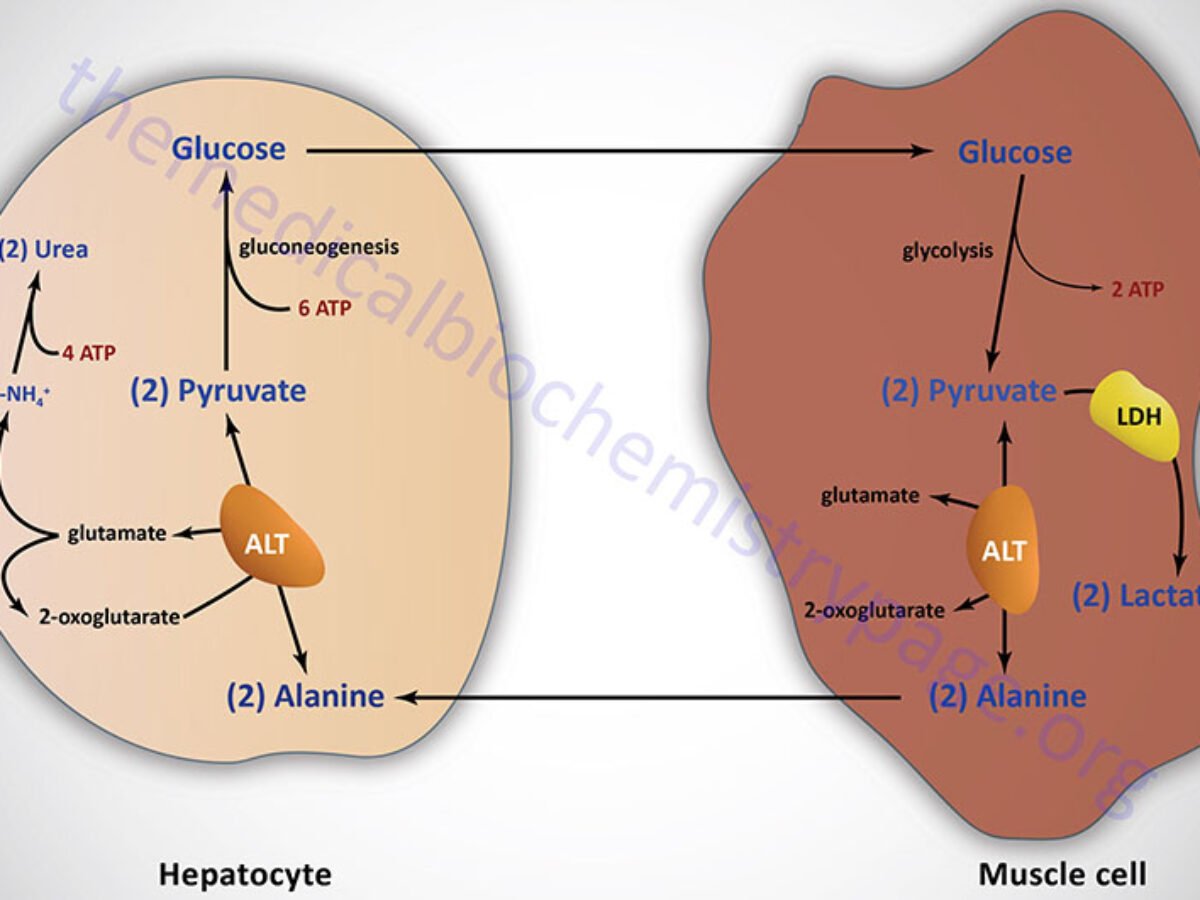Table of Contents
ToggleMental Health Improvements Linked to Calorie Restriction
Studies, including the CALERIE trial, have shown that individuals who reduce their caloric intake by even a modest 12% experience notable improvements in mental health. These benefits are attributed to the activation of biological pathways promoting healthy aging and resilience.
Biological Mechanisms Underlying Mental Health Benefits
Research suggests that calorie restriction activates various biological pathways that help in maintaining mental health. These mechanisms potentially reduce inflammation, which is often correlated with better mental health outcomes in aging populations.
Longevity Insights from Caloric Reduction
Research in both human participants and animal models indicates that reducing caloric intake can lead to a longer lifespan. Such dietary interventions have shown promising results in extending life through various mechanisms.
Key Findings from The Jackson Laboratory Study
A study with a genetically diverse mouse model by The Jackson Laboratory provided insights into lifespan extension via calorie restriction. Mice on limited diets lived significantly longer, underscoring the role of genetic resilience in maximizing the benefits of dietary changes.
The Role of Genetics in Caloric Impact and Longevity
Genetic diversity significantly impacts how individuals respond to calorie restriction, with some genetics leading to better health outcomes than others, as shown in recent research.
Identifying Genetic Resilience for Longevity
Genetic resilience plays a critical role in maintaining health and longevity during calorie restriction. Understanding these genetic factors can help in tailoring personalized approaches to dietary changes.
Beyond Mental Health: Overall Health Advantages
In addition to mental health benefits, calorie restriction offers reduced inflammation, improved immune system health, and a decrease in cardiometabolic risk factors.
Immune Health and Caloric Reduction
Calorie restriction has protective effects on the immune system. Studies found that it can preserve vital organs involved in immune cell production, suggesting benefits beyond weight and metabolic measures.
Implementing Calorie Restriction Safely
Individuals should approach calorie restriction cautiously, with professional guidance to ensure safe practices, considering the substantial role of genetics in determining the success of dietary interventions.
Genetic Suitability and Personalized Approaches
Personalized nutrition strategies may be required to optimize the effects of calorie restriction, taking into account individual genetic profiles, which can determine how effective these dietary changes are.
Explore more topics like this on my blog at FROZENLEAVES NEWS.
“`






